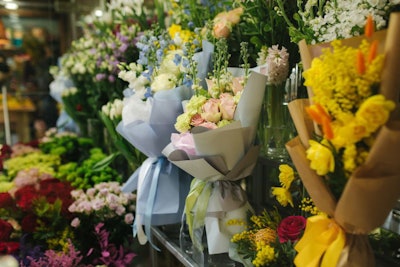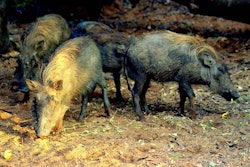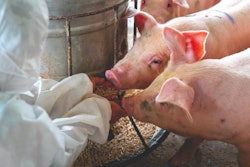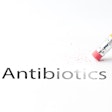
Their product is highly attractive, valuable, and often traded internationally, but an abrupt loss of markets mean Indian flower growers are turning their precious but perishable harvest into animal feed.
Among the many sectors suffering from the effects of the novel coronavirus (COVID-19) pandemic are those who grow flowers commercially. Before lockdowns — whether regional, partial or complete — floriculture thrived in India, Kenya and Ethiopia, among other countries. As well as providing income for rural families, the sector also supported markets, logistics and foreign exchange income.
Instead of allowing the plants to rot in the fields, flower growers in the Chail valley are turning their harvest for animal feed, reports Tribune of India. Whole plants — including carnations and lilies — are being crushed to feed livestock or as green manures.
In the northern state of Himachal Pradesh, these flowers are grown under controlled conditions by families. For one small business owner, losses for the season may be as high as INR150,000 (US$1,970).
For this sector, the national government’s lockdown came at the worst time, just at the start of the peak season. As all transportation came to an abrupt halt, the prized and perishable blooms could not go to the local wholesale market, from where they are sent to Delhi and across northern India.
Poisoning potential?
Livestock farmers wishing to make use of novel feedstuffs would be well advised to use the precautionary principle. This could involve offering small quantities of the material to less productive adult animals in the first instance. If no adverse effects are observed, quantities could be gradually increased, and younger, pregnant or milking animals included.
Numerous plants are known to be toxic to animals. Carnations and roses are not included in a list of plants poisonous to cattle from Cornell University’s College of Agriculture and Life Sciences. However, some members of the lily family contain toxic glucosides or glycosides, according to North Carolina Cooperative Extension. These should not be fed to goats.
Carnations are toxic to horses, cats and dogs, according to the American Society for the Prevention of Cruelty to Animals. Symptoms of ingestion are described as “mild” gastrointestinal signs and dermatitis. The same source lists roses as safe for these species to eat.
Among the common garden plants that are toxic to sheep and cattle is lily-of-the-valley, according to Tauranga Vets of New Zealand. Other potentially harmful common garden plants in that country are oleander, azalea, castor bean tree, foxgloves, cestrum and camellia.
For poultry, some weed seeds that sometimes contaminate feed grains and oilseeds are known to be toxic.















